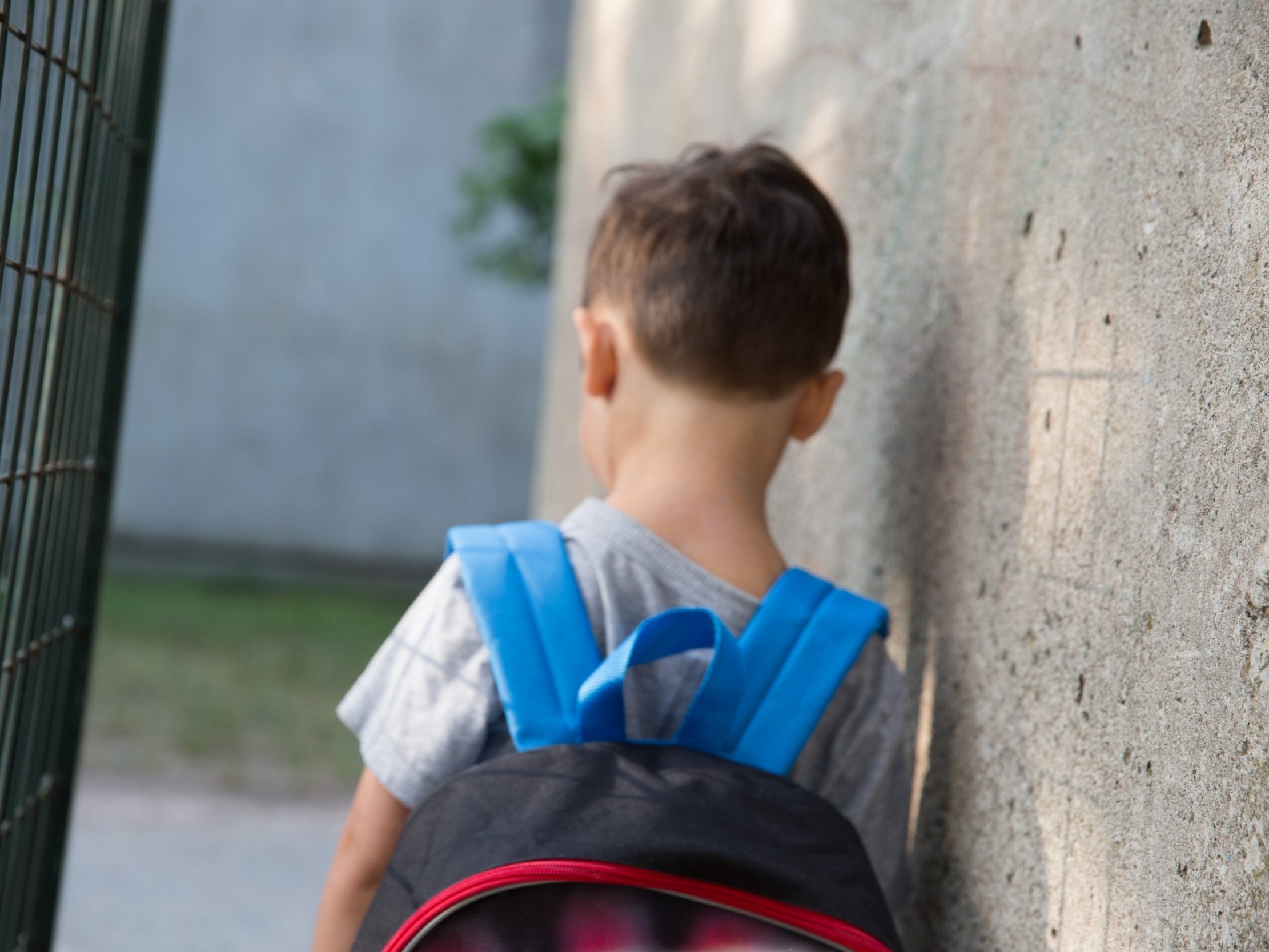‘Massive concern’ over rise in suicidal children during pandemic, major NHS care provider warns
Exclusive: Young people reportedly presenting to digital mental health services after being told they are ‘not ill enough’ for other treatment

Your support helps us to tell the story
From reproductive rights to climate change to Big Tech, The Independent is on the ground when the story is developing. Whether it's investigating the financials of Elon Musk's pro-Trump PAC or producing our latest documentary, 'The A Word', which shines a light on the American women fighting for reproductive rights, we know how important it is to parse out the facts from the messaging.
At such a critical moment in US history, we need reporters on the ground. Your donation allows us to keep sending journalists to speak to both sides of the story.
The Independent is trusted by Americans across the entire political spectrum. And unlike many other quality news outlets, we choose not to lock Americans out of our reporting and analysis with paywalls. We believe quality journalism should be available to everyone, paid for by those who can afford it.
Your support makes all the difference.The number of suicidal children in England has soared during the pandemic, a major mental health support provider has said, warning “inundated” NHS services are preventing young people from getting help.
Digital mental health provider Kooth, which is used by 90 per cent of Clinical Commissioning Groups (CCGs) across the NHS, said it had “massive concern” over the increase in children, particularly young children, presenting to its services suffering from suicidal thoughts over the past two years.
Kooth said the numbers of children presenting to its service with suicidal thoughts had increased by 20 per cent in 2021 compared to the previous year and 53 per cent when compared to 2019.
Dr Lynne Green, chief clinical officer for the provider, warned children had come to its service after being told they were “not ill enough” by NHS children and adolescent mental health teams, who have been forced to deal with only the most risky patients due to pressures on the system.
She said: “Pretty much all services on the ground are seeing this increase in suicidal thoughts in children and young people. That’s a massive concern. It was there before it was there before the pandemic and it absolutely has been exacerbated as a result of the pandemic.
“We’re hearing that all the time from people that, they don’t quite fit into the threshold of the service this is particularly worrying in eating disorder services.
“We have people coming to us saying I’m told I’m not ill enough to get into the service, and they find themselves on really long waiting lists. So they come to services like ours, or they use the charity sector, to then get some kind of support in the hope that some kind of support is better than not at all.”
Figures shared with The Independent showed the provider has also seen a 74 per cent increase in the number of children seeking its help for eating disorders.
This comes amid similar increases reported by NHS eating disorder services which, according to an analysis by the Royal College of Psychiatrists for the BBC, saw a 77 per cent rise in demand in 2021.
Dr Green said NHS eating disorder services have become “inundated” with referrals and so they’re forced into “dealing with the most risky or the most complex with the limited resources that they’ve got.”
She said progress on increasing early intervention services across the country has been too slow and in particular said the roll out of mental health support in schools, originally promised in 2017, has not yet been done widely enough.
This week marks children’s mental health week and on Monday the Children’s Commissioner published a report revealing over a third of children accepted onto waiting lists in 2021 are still waiting for their treatment to begin.
The latest data on waiting times for children’s community eating disorder services showed 62 per cent of urgent referrals were being seen within the required four weeks, where the NHS standard is to see 95 per cent within this time.
The barriers in access to children’s mental health services comes as figures for 2021 showed one in six children have a probable mental health disorder– up from one in nine in 2017.
During a debate in the Commons on Tuesday Labour’s shadow minister for mental health Rosena Allin-Khan, said: “Sometimes the damage, especially the damage done by waiting, is permanent. Imagine if we treated childhood cancer like we do children’s mental illness: waiting for symptoms to get worse before seeing a specialist, waiting for months or even years for treatment and leaving patients and parents to rely on charity. There would be an outcry, yet that is what the Government are doing with children’s mental health.”
As part of the party’s proposals for mental health it has said it will provide specialist mental health in every school and an open access mental health hub.
During the debate Liberal Democrat MP Layla Moran warned “One of the groups who seem to be falling off the cliff edge are 16 to 18-year-olds, because by the time they are referred to CAMHS, the waiting lists take them out of the range that CAMHS can deal with.
As part of plans to tackle children’s mental health the government has said nearly three million children and young people will have 400 mental health support teams in schools across the country by 2023.
It said on Monday 8,000 schools and college had applied for grants to train mental health leads and that every school who wishes to access this would be able to by the end of May.



Join our commenting forum
Join thought-provoking conversations, follow other Independent readers and see their replies
Comments